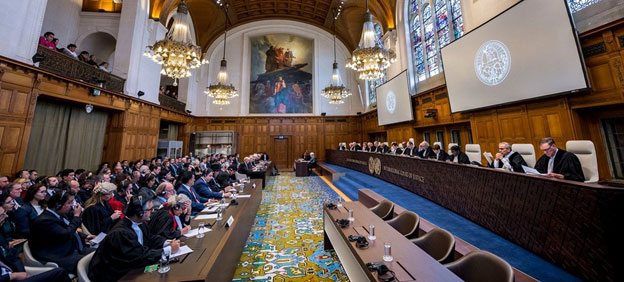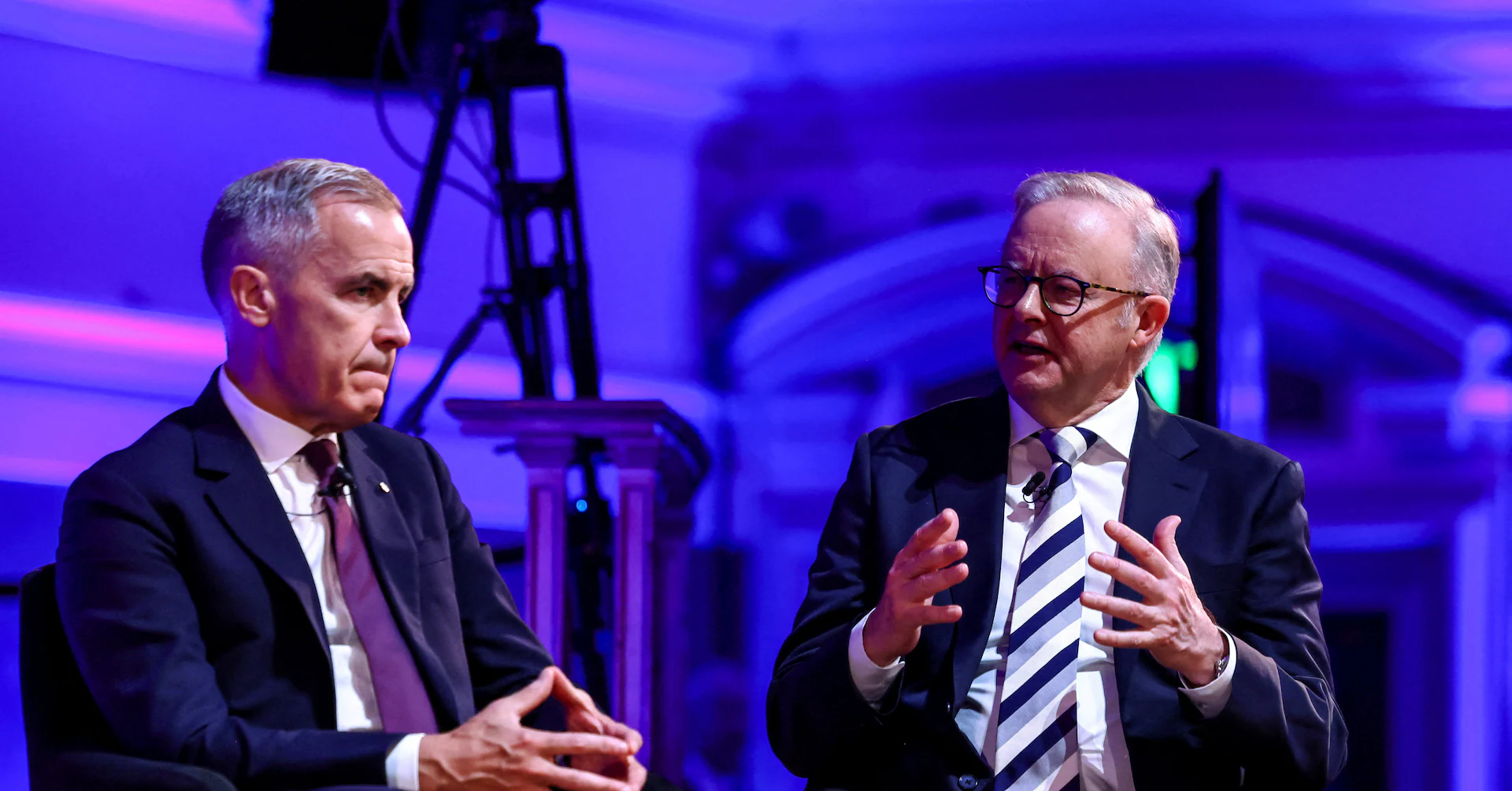Copyright globalissues

Opinion by Joan Russow (victoria, british columbia, canada)Wednesday, November 05, 2025Inter Press ServiceThe 30th "Conference of the Parties" (COP30) to the UN Framework Convention on Climate Change (UNFCCC) will take place from 6-21 November 2025 in Belém, Brazil. It will bring together world leaders, scientists, non-governmental organizations, and civil society to discuss priority actions to tackle climate change. COP30 will focus on the efforts needed to limit the global temperature increase to 1.5°C, the presentation of new national action plans (NDCs) and the progress on the finance pledges made at COP29. VICTORIA, British Columbia, Canada, November 5 (IPS) - At COP15, the developing countries were calling for the temperature to not rise above 1.5 degrees and they ignored the Copenhagen Accord which agreed to 2.0 degrees Then at COP21, while the developing countries were still calling for the temperature to not arise above 1.5, they were ignored again. And then, the developing countries praised for their resilience for adapting to the climate change, which has been caused by developed states. In 2024, the United Nation General Assembly sought a legal opinion from the International Court of Justice on Climate change The response was the following: “Not only what states are required to do under international law to avert further climate change through both now and in the future, but they also have to assess the legal consequences under these obligations both through what they do and fail to do have caused significant harm to climate systems in other parts of the environment and harm to future generations as well as for those countries by virtue of geographical circumstances are vulnerable to adverse effects of climate change.” However, a legal opinion from the court is not binding. The court can, however, provide interpretations of international law via customs or treaties such as the UN Framework on Climate Change UNFCCC. All states are parties to UNFCCC. The objective of the Convention in Article 2 is: “stabilization of greenhouse gases at a level that would prevent dangerous anthropogenic interference with the climate system. ‘Such a level should be achieved within a time frame to allow ecosystems to adapt naturally to ensure food production is not threatened and to enable economic development is done in sustainable way.’“ Under Article 4, the principles include the following: “The parties should take precautionary measures to anticipate, prevent, and minimize any adverse effects on developing countries. Lack of full scientific certainty should not be used as a reason for postponing such measures.” Given that the developing countries are the most affected, but least responsible for climate change, perhaps developing countries could launch a case to seek an interpretation by the ICJ of both the article 2 and the precautionary principle Dr Joan Russow is founder of the Global Compliance Research Project, formed in 1995 to document state non-compliance with international law. IPS UN Bureau © Inter Press Service (20251105060627) — All Rights Reserved. Original source: Inter Press Service



